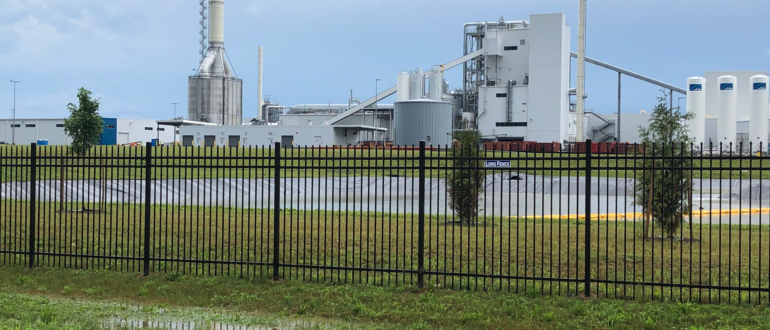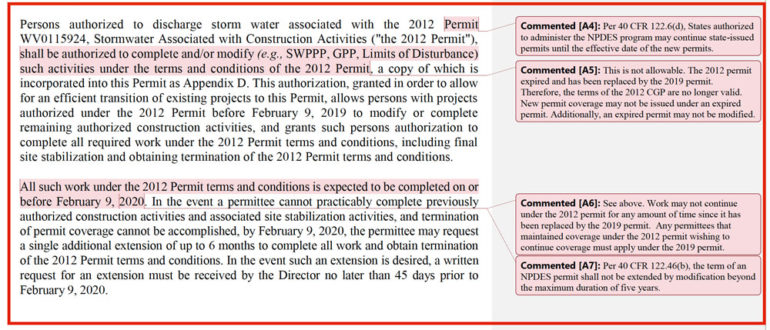Jefferson County Foundation asks WV EQB to reopen Rockwool Construction Stormwater Permit appeal after bombshell emails discovered from DEP
It seems that the WV Department of Environmental Protection’s (DEP) permit review process has been tainted by political pressure disregarding the environmental impact of Rockwool’s factory construction in Jefferson County. In an email thread that started on January 14, 2020, Yogesh Patel, Assistant Director of the Water and Waste Management division and supervisor of the permit writing team, tells the permit reviewer, Rick Adams, “Permit need (sic) to get it out on or before 01/24/2020.” Adams pushes back, stating, “I don’t think we can get permit out by Friday.” Patel responds moments later, “We have too (sic). Cabinet Secretary has committed, we do not have any choice.”
This alarming discovery comes after the hearing in the Foundation’s appeal of Rockwool’s construction stormwater permit has been completed, after post-hearing briefs were filed, and while the case is awaiting a decision by the state Environmental Quality Board (EQB). At least four DEP employees, three of whom were deposed and testified under oath, failed to identify these facts. The emails were not produced as part of the Certified Record of the Construction Stormwater Appeal 20-02-EQB. Needless to say, had this email been produced when it should have been during the case proceedings, the Foundation would have had the chance to dig further into the apparent political pressure on DEP staff to issue Rockwool’s permit.
In light of the emails that have just been discovered, on June 10, 2021 attorneys for the Foundation filed a motion before the EQB asking for reopening of the record and proceedings in the Construction Stormwater Permit Appeal, stating that “[i]f the DEP is allowed to selectively and without consequences withhold documents from the Certified Record, the process is without credibility. Presumably that is why the Legislature set as the first requirement after an appeal is filed in an environmental case, the production [of] a full and complete record.” The motion continues, “The disclosure of political influence on the permit review process, apparently exercised by the former Secretary, are matters of significant concern and information about same should properly have been put before the EQB and should have been available during the hearing process.”
On June 11, the EQB responded to the Motion and scheduled a hearing for June 24 requiring the parties to fully brief the issue before the hearing. Relatedly, the Foundation continues to work on its appeal of Rockwool’s Operational Stormwater Permit, 20-13-EQB (the email string that just came to light was recently produced by DEP during discovery for this appeal).


